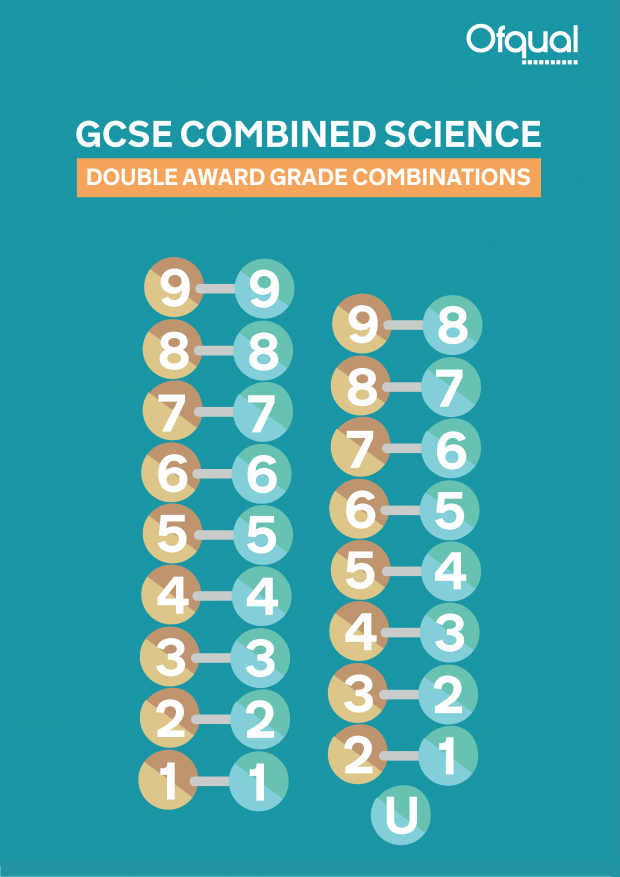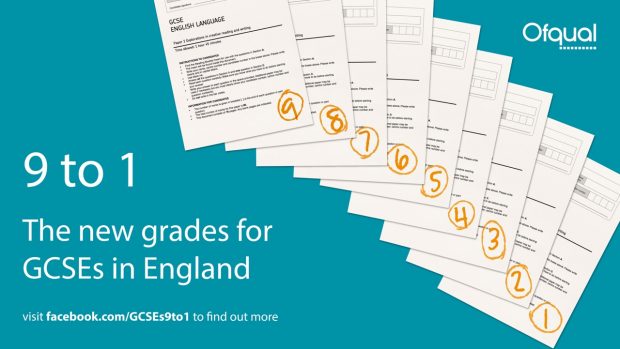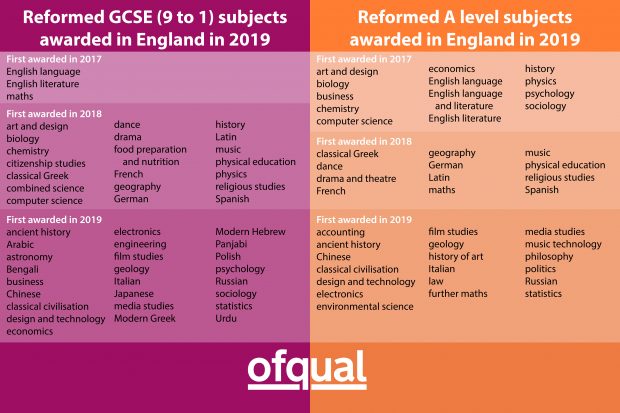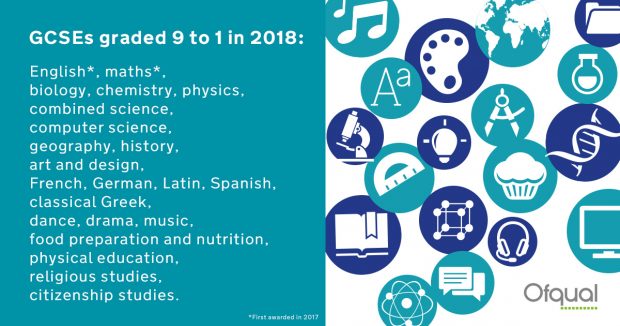A levels and GCSEs
When asked to think of examiners marking scripts, many people still tend to think of them sitting at a desk with a pile of envelopes from schools and colleges, gradually working through each one in turn. In some subjects, that …
The new GCSE science qualifications can be taken in different ways – students can take single GCSEs in one or more of biology, chemistry and physics, or they can take a double GCSE in combined science. Students who take combined …
This summer we will see the first awards of the new A level maths qualifications. These were available for schools to teach from September 2017, so they would not normally be available to enter after only one year. When we …
This week we’re addressing some of the common questions and concerns posted in response to our recent Facebook updates and blogs. ‘New GCSEs are very hard’ We have seen quite a few comments about new GCSEs being ‘too hard’, or …
If you have children taking GCSEs this year, many of their results will be reported on the new grade scale which runs from 9 (the highest grade) to 1 (the lowest grade). Here’s a brief guide to what that means.
Ahead of this summer’s exams, we’ve asked GCSE maths teachers about their tier entry choices for 2018.
Among the new GCSEs being awarded for the first time this year are French, German and Spanish. These qualifications are different from the previous versions in several ways, which I’ll discuss first. Qualification structure In line with many reformed GCSEs, …
Grade boundaries for GCSEs and A levels are never set in advance of the exams being taken, for a variety of reasons. A key one is that it is impossible to judge precisely how difficult students will find a paper compared to previous papers or sample papers.
We, like schools and colleges, are already looking ahead to this summer’s exams. This year there are more new AS and A level subjects and 9 to 1 GCSEs being awarded for the first time.
...November. November 2017 For many years there has been a November series which provides an opportunity for students to re-sit English and maths GCSEs. It’s mainly for those students that...








